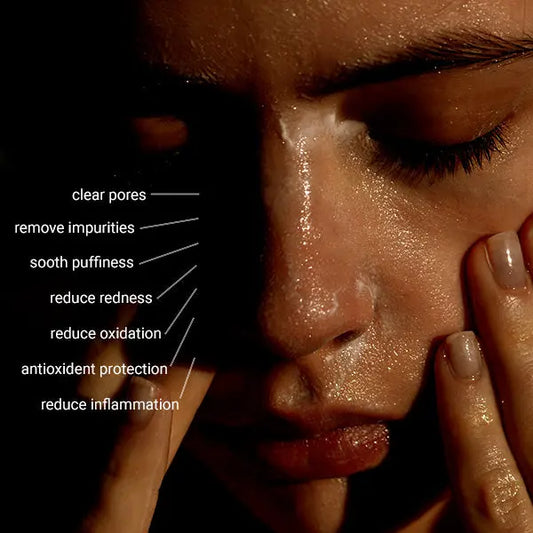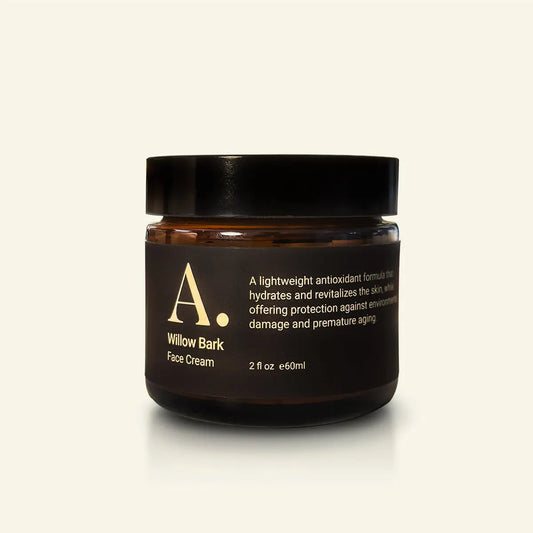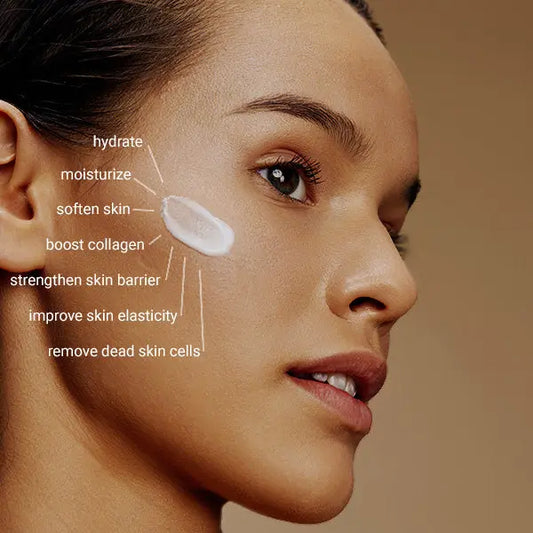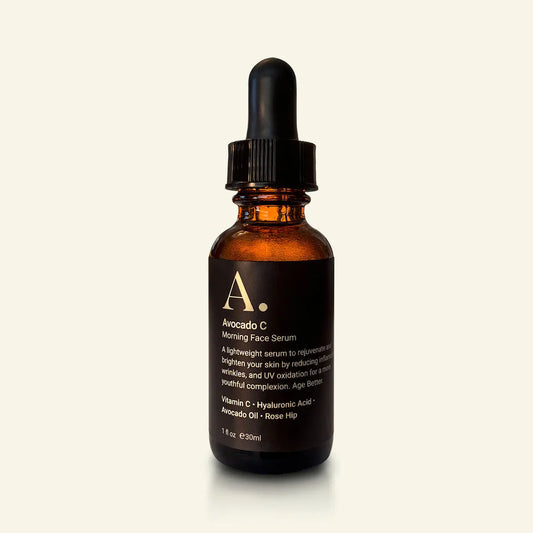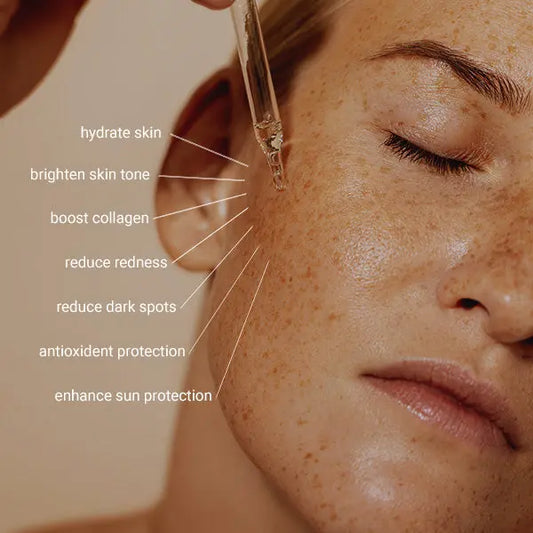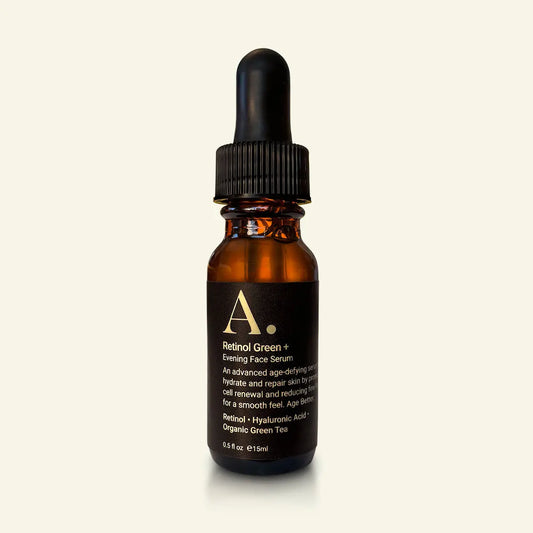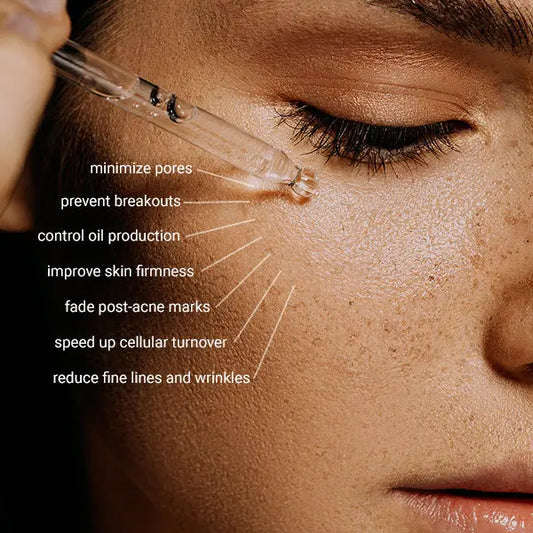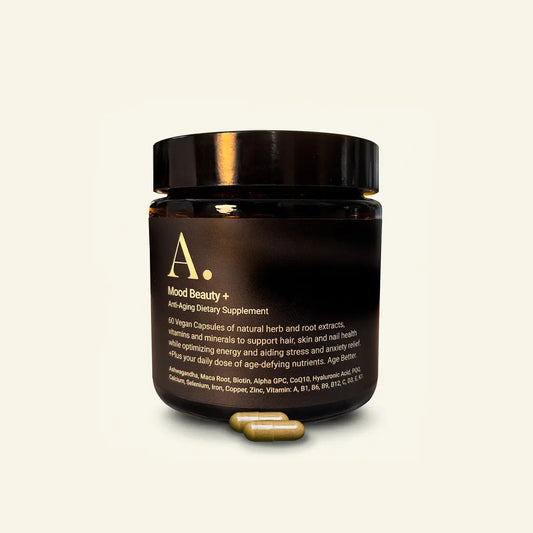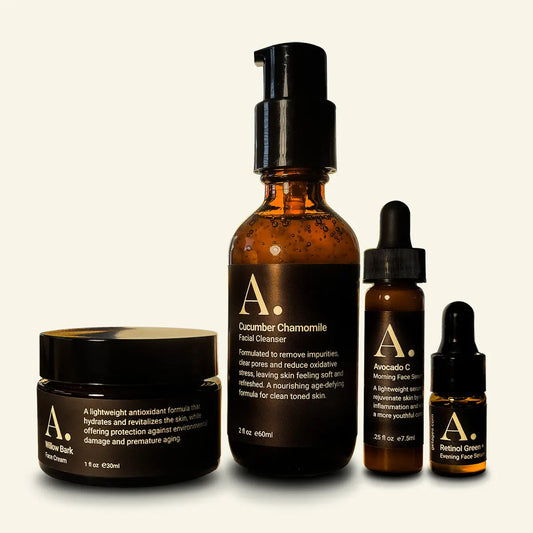
Daylight Savings: How to Adjust Your Body, Skin, and Mood
Share
Daylight Savings: How to Adjust Your Body, Skin, and Mood
Springing forward brings warmer weather and longer days, but the time change can cause short-term disruptions in your body. This shift may throw off your sleep, mood, and skin health. However, with a bit of preparation and care, you can minimize its impact. By gradually adjusting your routine, using skin-rejuvenating products, and incorporating mood-boosting rituals into your day, you’ll be able to embrace longer days without feeling out of sync. Keep in mind that it takes time for your body to fully adapt, so be kind to yourself during this transition!
What You Can Do Before the Time Change
The shift in time often leads to disrupted sleep patterns as your body needs time to adjust to waking up an hour earlier. Here’s what you can do before the change to ease into it:
1. Gradually Shift Your Schedule
A few days before the time change, start moving your bedtime and wake-up time earlier by 15 to 30 minutes. This allows your body to slowly adjust to the new schedule.
2. Get Sunlight Exposure Early
Sunlight helps reset your circadian rhythm. Try to spend time outside in the morning, as exposure to natural light can signal to your body that it's time to wake up. A morning walk or sitting by a sunny window can work wonders.
After the Time Change: Resetting and Recovering
Once the time change hits, you may feel groggy or more tired than usual. This is common as your body adapts to the new schedule. Here's what you can do after the time change to get back on track:
1. Stick to a Consistent Sleep Routine
While it may take a few days, try to keep your sleep schedule consistent. Go to bed and wake up at the same time every day, even on weekends, to reinforce the new rhythm. It can also be helpful to avoid caffeine or heavy meals late in the day.
2. Incorporate Relaxing Rituals
You may need extra self-care after the time change. Consider using calming products like lavender or chamomile essential oils before bed. Products like sleep masks or weighted blankets can also promote deeper sleep, helping your body adjust to the shift more comfortably.
3. Stay Hydrated
Dehydration can impact your mood and overall well-being, so drink plenty of water throughout the day. If you tend to feel sluggish in the mornings, start your day with a glass of water with lemon to rehydrate and revitalize.
What the Time Change Does to Your Skin and Mood
The shift in time doesn’t only affect your sleep—it can also impact your skin and mood.
Skin Disruptions
When your circadian rhythm is disrupted, it can affect your skin’s natural repair process. During sleep, your skin works to repair and regenerate, but poor or interrupted sleep can hinder this process, leading to dullness, puffiness, or even breakouts. Lack of sleep can also reduce collagen production, contributing to premature aging.
Mood Swings
Springing forward can mess with your mood too. Shorter sleep or poor-quality sleep can lead to irritability, anxiety, or even depressive symptoms. If your body isn’t well-rested, you’re more likely to feel stressed and overwhelmed. Try Ages Mood Beauty+ Supplement which hasnatural herb and root extracts (including ashwagandha and maca root extract), to help aid in stress and anxiety relief. Plus your daily dose of age-defying nutrients to support hair, skin and nail health.
Products to Combat Skin and Mood Effects
To counteract disruptions to your skin and mood, consider adding these products to your routine:
For Skin:
- Hydration is Key – A deeply hydrating skincare regimen, like our Ages Beauty Set, can combat dry, lackluster skin. With ingredients like hyaluronic acid, aloe vera, and vitamin C, this set boosts hydration and brightens your complexion.
- Retinol – Retinol promotes cell turnover and collagen production, aiding in skin recovery. Try the Ages Retinol Green+ serum at night for the best results.
- Eye Creams with Caffeine – If you’re dealing with puffiness or dark circles from sleep disruptions, an eye cream with caffeine can reduce swelling and brighten the under-eye area.
For Mood:
- Aromatherapy – Essential oils like lavender, eucalyptus, and bergamot help ease anxiety and stress. Consider using an essential oil diffuser before bed or adding a few drops of your favorite calming oil to a warm bath.
- Mood-Boosting Supplements – Taking supplements like Ages Mood Beauty can support better sleep and help stabilize your mood as your body adjusts.
- Light Therapy – If you find yourself feeling sluggish or down, try a light therapy box. It mimics natural sunlight and can help reset your internal clock while boosting serotonin levels, which can improve your mood.
- Soothing Teas – Sipping on chamomile or peppermint tea before bed can promote relaxation and improve sleep quality.
Conclusion
Adjusting to daylight savings time doesn’t have to be a struggle. By proactively shifting your schedule, prioritizing hydration, and taking care of your skin and mood, you can make the transition smoother and more manageable. Remember, your body needs time to adapt, so don’t be too hard on yourself. With the right approach, you’ll be able to enjoy the longer, sun-filled days feeling refreshed, balanced, and glowing from the inside out.





